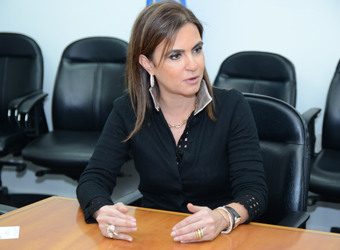The World Bank (WB) disbursed Monday $ 1 billion to Egypt for the second financial consolidation, sustainable energy, and competitiveness Programmatic Development Policy Financing (DPF), a statement by the WB announced on Monday.
This is the second operation in a series of three DPFs.
The DPFs support the country’s inclusive economic reform program. Key to this are efforts to create jobs, spur growth, and attract new investment.
“We welcome the World Bank’s support of the transformational social and economic reform agenda of the government. This operation is a central part of the World Bank’s operations in Egypt that support the government in its endeavors to catalyse private investments, realize full potential of the country and raise the living standards of all its people,” said Sahar Nasr, Egypt’s Minister of Investment and International Cooperation who also represents Egypt on the World Bank’s Board of Governors.
“We are pleased to partner with Egypt in implementing its own home-grown socio-economic reform program. The government has taken important steps in implementing key policy and institutional reforms that are laying down the foundations for accelerated job creation and inclusive growth,” said Asad Alam, World Bank Country Director for Egypt, Yemen and Djibouti, who is based in Cairo.
WB finances projects for faster delivery of benefits to the people of Egypt in key sectors including social safety nets, energy, transport, water, sanitation, agriculture and irrigation, housing, and health as well as supporting employment-intensive projects and financing for micro and small enterprises.
The current portfolio of the World Bank in Egypt includes 22 projects for a total commitment of about US$ 8.1billion.
In 2014, Egypt embarked on a plan to introduce a number of fiscal reforms, including fuel subsidy cuts that raised prices by up to 78 percent, and the imposition of new taxes to ease a growing budget deficit, currently worth 12.2 percent of GDP.
Egypt received the first tranche of the bank’s loan, worth $1 billion, in September 2016.
Source: Ahram online
